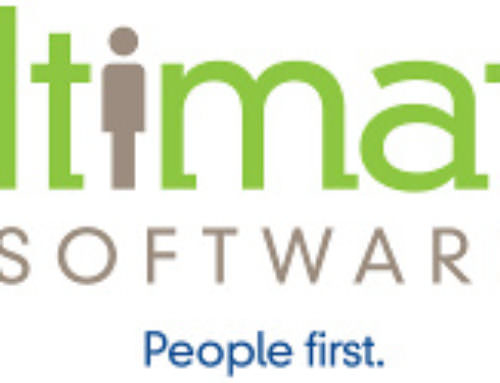Getting the Full Benefit
I had a conversation recently about the way you view benefits, and how it changes as you age. When you first start out, usually it’s the big number at the end of the year that you are concerned about. Yeah, you know going to the doctor is a good thing, and your parents have been bugging you to get off their plan. And retirement seems like a good idea someday. When you get older, that 401 (k) match and low medical co-pays start to look pretty attractive.
It’s important for workers of all ages to understand the benefits available to them, but it’s also important for organizations to offer benefits that are meaningful to the people they want to hire and retain, in order to make their business successful. So, benefits like health care and retirement are great, but they can seem a little distant for younger workers. But when you consider that the average college graduate enters the workforce with over $30,000 worth of student loan debt, there are benefits that may hit closer to home for this group.
We have all heard the stories of millennials – and not so millennials – moving back home because they can’t afford to pay for the lifestyle to which they had become accustomed. And certainly, for most college graduates, student loan debt can be crushing. A recent article in Money magazine said that student loan debt exceeded credit card debt in the US in 2010, and car loans in 2012. That’s a lot of student loan payments. And for many just starting out in their career, it’s the biggest monthly obligation they have, aside from housing. So, it’s not surprising that 44% of respondents to our recent Culture research are offering some level of student loan assistance. It’s not just because they feel like being nice. It’s helping them win over young talent and build a relationship beyond just the paycheck, while also improving their business.
You could argue that paying people more and letting them handle their own debt would accomplish the same thing. But there is an emotional value that comes with an employer saying “you accomplished this goal, we value it, and we’re putting our money where our mouth is.” The benefits an organization chooses to offer are economic decisions to be sure, but they also reflect the values and even strategy of the organizations. By offering loan repayment, companies add another lever in their toolkit to attract great new talent.
Further, the cost of education is causing some people to delay finishing their degree, and they are looking for ways to complete their education while balancing jobs, kids and the rest of life that happens after 22. Meanwhile, organizations are continually trying to find new, untapped markets for talent. Tuition reimbursement for schooling undertaken while working can help organizations reach out to new and potentially more diverse talent. And again, the shared values around education – as well as the knowledge gained – can build bonds that lower turnover, and boost engagement and productivity.
Education and its growing cost are important workplace issues now, and will continue to be in the future. EdAssist recently invited me to write a series of blog posts on to address this topic, bringing data from recent Aptitude Research Partners surveys to illustrate the links between educational opportunities and organizational culture, and employee performance. Hop over to see the first in the series, Is Education the Silver Bullet for Business Success?





Leave A Comment